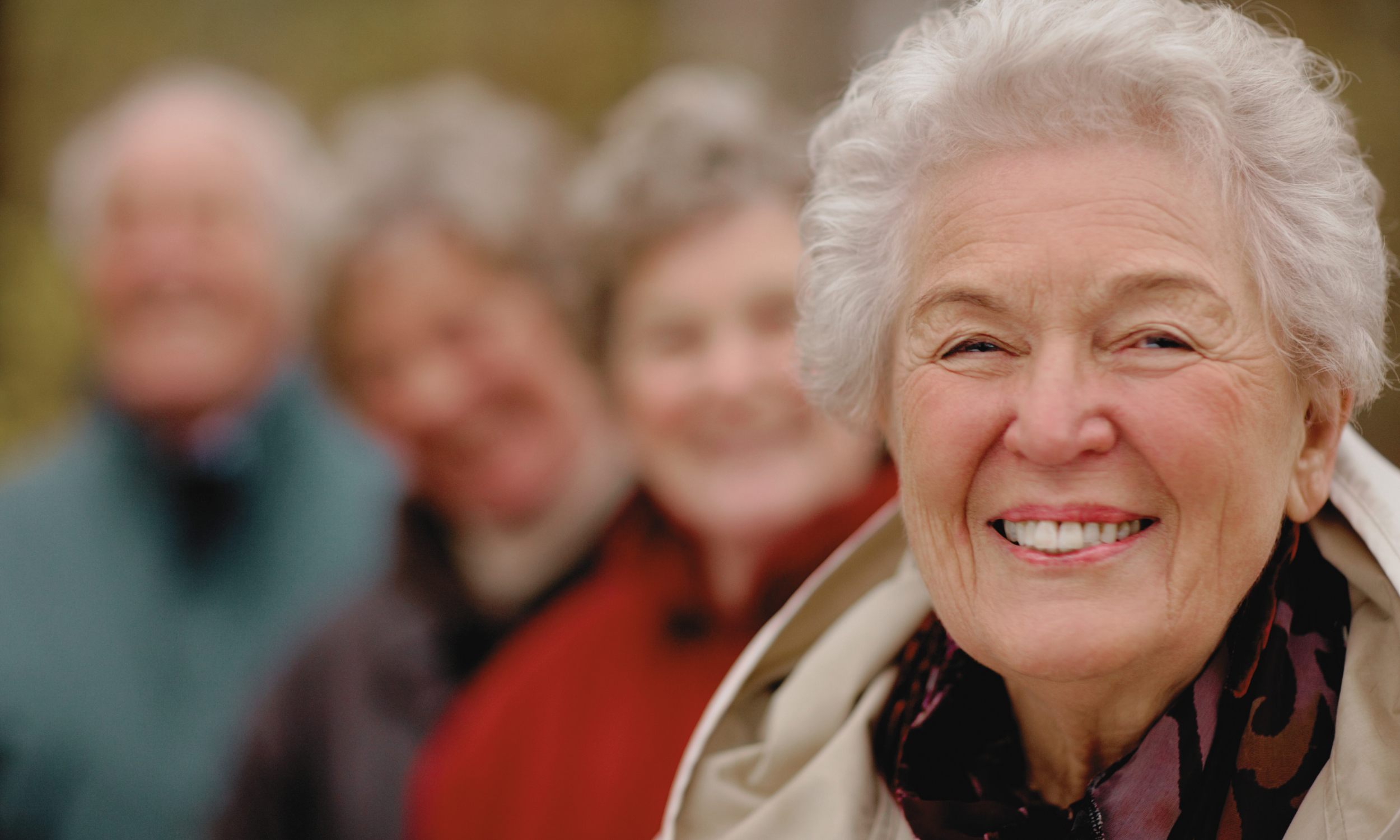Sibling relationships in our later years
Earlier this week, wandering through the nursery with my three-year-old granddaughter, I was stopped by an 82-year-old woman. She had been following behind us and wanted to share that my granddaughter’s sassiness and negotiation skills had her laughing. My granddaughter piped up that she had a new baby sister. This sparked a ten-minute conversation about siblings. This woman shared that years ago, her brother had done something that so angered her she cut off all ties. They have only recently reconciled. So many wasted years, she remarked, over something that now seems so trivial.
This story gave me pause as my brother and I estranged from my youngest brother. My youngest brother would suggest it is my fault. It is not. It is also not his fault. The estrangement resulted from a misunderstanding just before my mother died, and the words spoken were so ugly that I am doubtful we will ever reconcile. Since my mother’s death, my relationship with my other brother flourishes as we grow older.
I was the oldest daughter in a family with two younger brothers. Growing up I was given many female-gendered responsibilities! My brothers never did any housework. I never mowed a lawn until I was married! While they were encouraged to learn how to drive, I was not given lessons by my father. I was the stereotypical older daughter, a perfectionist and an over-achiever. Like many first-born daughters, I moved into leadership roles early in my career. I was never close to my brothers. They did everything together growing up. I often felt like an outsider in our family. I distanced myself early on, which did little to strengthen my relationship with them.
Last week, my husband pointed out an article in the New York Times. Interesting topic for a blog post, he said. The article focused on the recent release of The Family Dynamic: A Journey into the Mystery of Sibling Success by Susan Dominus. I had never given my relationship with my brothers much thought until I read the article. There is plenty of research about parent and child relationships. However, the influence of siblings on each other has received little attention.
Dominus writes parents usually launch the arrow of ambition into the air for their children. However, siblings often focus and help the arrow land. Dominus is particularly fascinated with families in which a surprising number of brothers and sisters have found their way to the top of the ladder of success. She has found that siblings may urge one another to compete and collaborate — intentionally or not — and they help chart the course of one another’s lives.
I doubt I had little influence on my brothers and vice versa. But I suspect some of you have very different experiences with your siblings. I am intrigued that my relationship with my brother has grown stronger as we have aged. This is similar to the sibling relationships of some of my friends. I recognize that not all siblings have positive relationships with their siblings in their later years. In this blog post, I will lean towards the positive.
Research suggests most sibling relationships improve in our later years. Siblings often reconnect once family and work responsibilities diminish. This may partially speak to positive sibling relationships in later life. As someone passionate about life stories, there are deeper reasons I find more compelling.
Shared history and memory.
Our siblings have known us since childhood. This is longer than our friends and partners. Siblings share a common cultural background that may contribute to similar values and beliefs. They also have a history of shared experiences, even though the telling of those experiences may differ! This can provide security and understanding, particularly later in life.
Conflicts mellow with age.
The woman who related her story to me in the nursery is not the only older woman I know who looks back at past conflicts with more understanding and forgiveness. As we get older, we understand different perspectives better. We develop a greater capacity for empathy. Some researchers have found that as individuals age, their tendency to hold on to past jealousies or feelings of anger and resentment decreases. Siblings report being intentional in their decisions to put old hurts behind them as they age.
The death of a parent can significantly impact sibling relationships.
The death of a parent can strengthen bonds or may exacerbate existing tensions and even lead to estrangement. Sibling rivalry and parental favouritism may no longer matter as much between siblings. Losing a parent can force siblings to re-evaluate their roles and relationships. Shared grief can bring siblings closer together.
Contact between siblings in later life.
Here are some interesting facts about sibling relationships later in life. How do they compare to your experiences?
Geographic distance between siblings has not been found to influence emotional closeness. Siblings who live far from each other are just as emotionally close as siblings who live in the same town.
Sister-to-sister relationships and sister-to-brother relationships show greater emotional closeness than brother-to-brother relationships. Sisters, in fact, report feeling closer in their later years than when they were growing up. At the same time, however, more conflict is reported between sister-to-sister relationships than other sibling combinations.
Sibling relationships in late adulthood are frequently described as being similar to friendships. A significant difference is that friendships have a degree of uncertainty as to their future, whereas the sibling relationship is assumed to be permanent because it is a family relationship.

